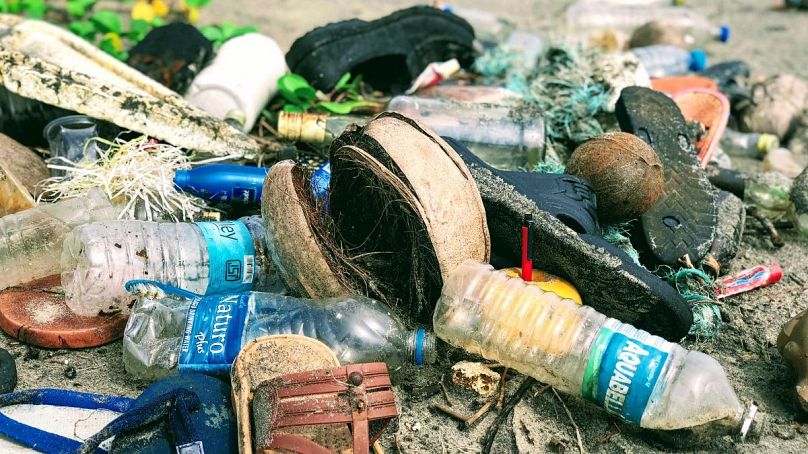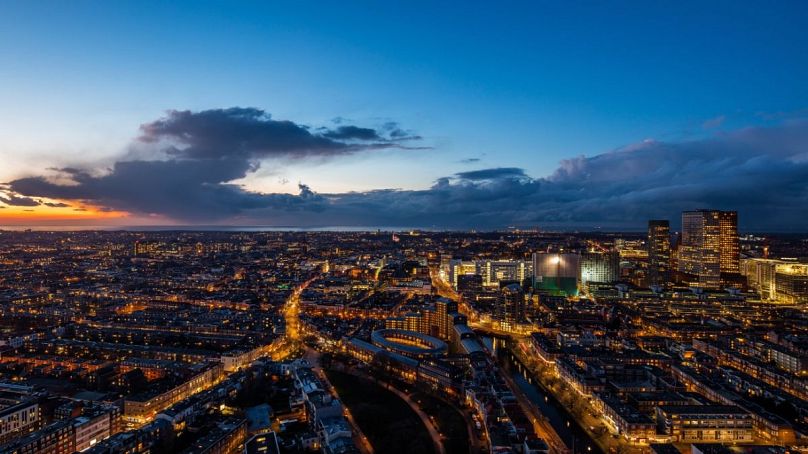Groundbreaking technology could turn your plastic waste into into energy.
How often do you find your recycling bag overflowing with milk bottles, food packaging and an array of miscellaneous household plastic? News just in, groundbreaking technology pioneered by the University of Chester in northwest England has just developed a solution to dealing with plastic waste. Put simply, it involves melting down the waste you produce and turning into power.
If rolled out across households all over the UK, this could mean using your domestic waste to actually generate electricity and even fuel the car you drive. The result? Plastic waste with a purpose, taking on a practical, environmentally friendly function in your home, and you would be saving money in the process.
But how can you turn plastic waste into energy?
According to the University of Chester’s Energy Centre at Thornton Science Park, it is possible to create, what they call, ‘waste energy.’ The university has been working with PowerHouse Energy for several years to develop the green technology, which uses a glass kiln, heated to 1,000 °C, to melt down plastic. The process then emits a range of gases including hydrogen, which can be turned into fuel.
Perhaps the most game-changing part of this tech innovation is that the unrecyclable plastic you collect doesn’t need to be sorted, or even washed, to be utilised. The process takes all mixed waste, in its contaminated form, and transforms it all into electricity.
In this way, the University of Chester are hoping to help ‘turn off the plastic tap into the ocean’, in their own words, whilst also pioneering a way to monetise plastic via this efficient conversion system.
When can we start using it?
In its current form, the technology can only demonstrate small-scale conversion of plastic to hydrogen and electricity (with no plastic remaining) but developers have plans to expand both the capacity and the reach. In the UK and South East Asia, the developer Waste2Tricity (W2T) is working on an expansion, currently building a plant near Ellesmere Port in Cheshire. At the plant, they will produce low-cost and low-carbon hydrogen fuel and electricity to power the site.
The Executive Director of Thornton Energy Research Institute at the University of Chester, Professor Joe Howe, discussed the prototype in a public statement on their website:
“We are extremely excited to be hosting the prototype demonstrator here at the University of Chester. The technology converts all plastic waste into high quality, low carbon hydrogen syngas which can then be used to power gas engines. A by-product of this process is electricity, meaning waste plastic can not only fuel cars but can also keep the lights on at home.”
“Surely the world must wake up to this technology. It will make waste plastic valuable with it being able to power the world’s towns and cities and most importantly it can help clean up our oceans of waste plastic now."
While the use of non-recyclable plastics is not encouraged, now surplus waste could be on the way to serving a function in your home. The project is gradually evolving as Waste2Tricity raise the funds they need to roll out this solution to plastic waste on a larger scale.













